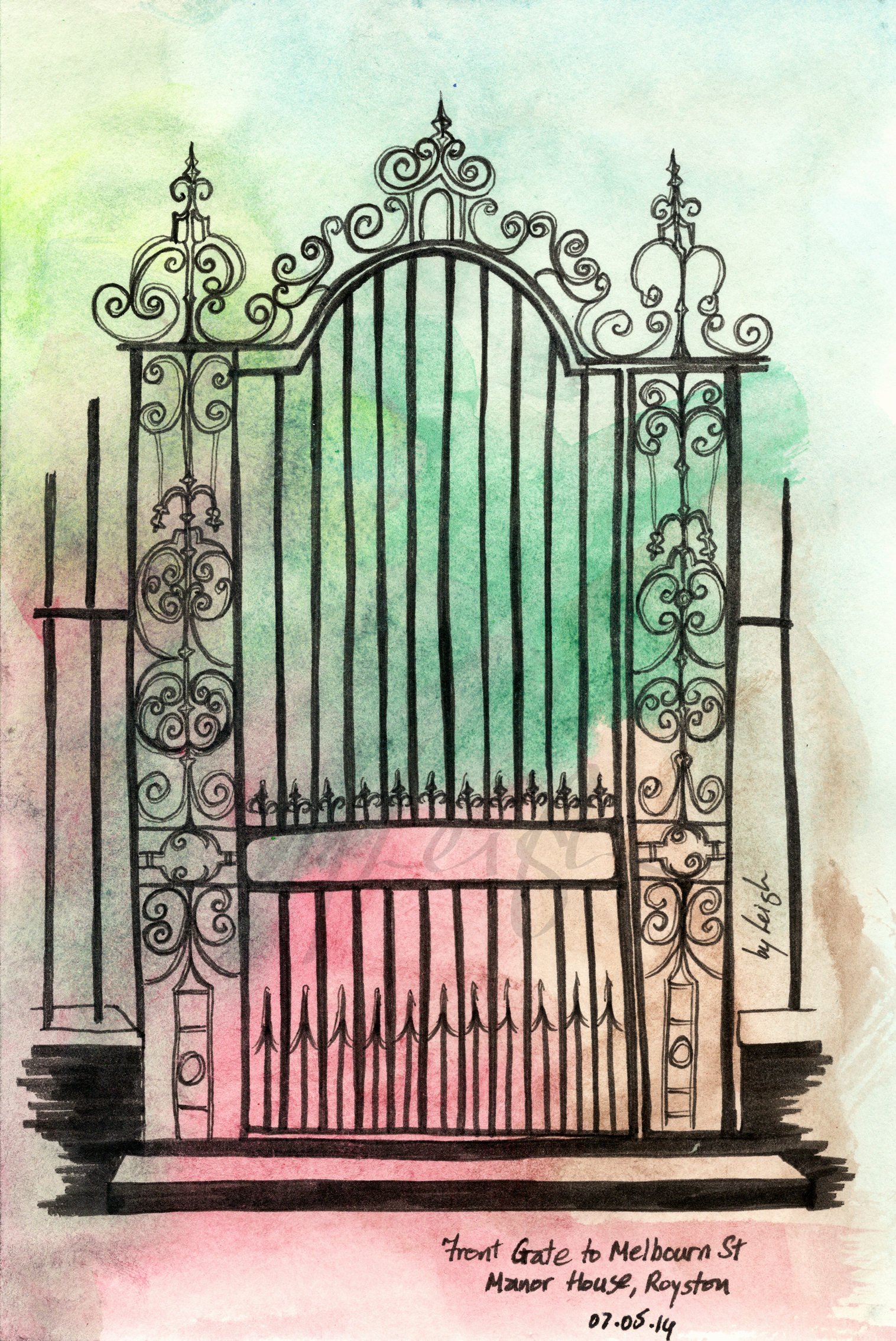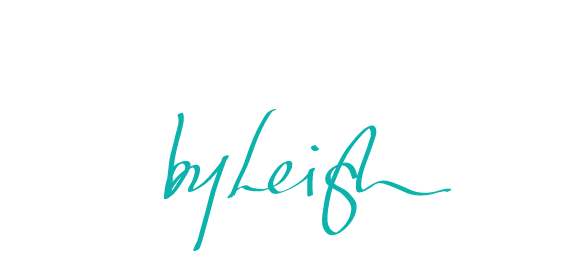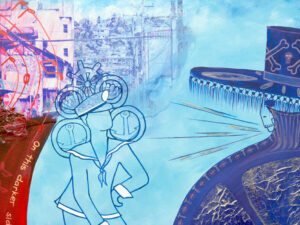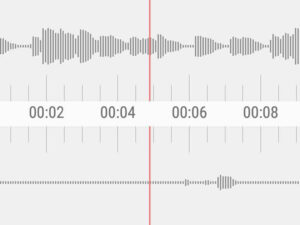
Featured Image: close up of The Lost Gates by Leigh
23 Jan 2019
1 page in…
Disgruntlement begins. I’ve already read the abstract 3 times and looked up 3 words. I am unimpressed. In every instance there was a simpler, more accessible way to say what’s being said.
And Phenomenology (if I can ever say that word without tripping over my own tongue)…
Am I understanding correctly that this is simply asking someone to recount the thoughts, imaginings, wonderings, emotional responses, etc – their experience – in detail and then relying on that as your sole source of research? I must be missing something because I feel like millions of people do that in every day life over and over again. Perhaps they don’t do it consciously or pay attention to extracting as much detail as they can (though if you met and “interrogator personality” like my Dad, you might disagree) but would what they do be considered phenomenology? If not, what’s the difference?
2 pages in…
I’m not even at Part 1 yet and I’ve already looked up 2 more words. I am so ready to fling this paper across the room. It represents every hesitation I had in becoming part of academia. Why speak or write in a way that makes you irrelevant and unreachable to most of the population of the planet? Why study, gain knowledge and insights just to horde it? Just to share it in a way that makes most people feel dumb, while a select few feel superior and assume they are more educated simply because they have a bigger vocabulary? Impress people with your ideas, not how convoluted you can make the explanation.
Worse still, when this kind of thinking and learning is inaccessible, the doors are now open wide for the likes of Daily Mail, The Enquirer and other fact-bending sources to influence the minds of the majority of the people we have to live on this planet with!
Mr Aldridge might be the loveliest person with a wealth of wisdom to share but from reading this my first impression of his is not favourable. At all.
The great irony is that this is all about how reading can be a form of engagement while this text is the most dis-engaging experience I’ve had so far on this course. I slid through the quote from Kuh without having to read a line 2 or 3 times or look up any words and I was exhaling in relief, only to see Aldridge refer to Kuh’s input as “deceptively simple”. Dude, take a page from Kuh. I like both his idea and his stylistics of expression (see how unnecessary that sounds?) At this point, who knows I might be biased.
3 pages in…
Case’s Mann-inspired notion of Engagement as an opposing concept to Alienation – I can see how he might come to this idea. People who feel like they don’t belong, check out of families, communities, and society as a whole in so many ways – from the simplest “headphones in, world around me out” approach to a total rejection of the rules and regulations of the group that makes them feel alienated. Probably the worst form of this “I reject all you stand for because you reject me” attitude is crime and anti-social behaviour, basically selfish behaviour to the detriment of others. The more I read I wondered if anyone had ever investigated this concept of Engagement vs Alienation with university students (especially international ones) who might feel ‘other’ because of their race, country of origin, language, income level, religion. I remember hearing that UAL did well when their post-uni employment scores were analysed. Does this analysis breakdown to explore the above groups? Do they have good employment rates after leaving HE? I would truly love to know!
4 pages in…

Lost Gates of the Manor House by Stacey Leigh Ross
If I were Felski, I’d look at me reading this text and think, this has just motivated her to be even more determined to make her research and insights accessible to everyone. This text is resonating with her need to dismiss academia as she has in the past, but will she do it? Or will she join and be an example of how to do things differently… hmmm?
The Hermeneutic Circle is the first long-word reference that made me think “Yea, that was justified. There is no better way to explain this concept”. My hermeneutic circle on this piece should make quite the picture. Ha! (Hmmm, that’s an idea!)
Epistemological vs Ontological – I assume he means the concept of knowing something intellectually as opposed to knowing it because you’ve lived and experienced it – knowing vs being. Maybe if he used simpler language I would be more sure what he meant. (Beating a dead horse? Yes, that’s me!)
“presenting us with opportunities to reappropriate, imitate or dismantle them”
Guess what? I really like this line. I totally agree with it because it applies to reading and so many other experiential activities (see, I can use long words too!) You can know something til the cows come home but until you’ve experienced and lived it and it has become part of who you are in some meaningful way, do you ever really truly know it? Or do you just know about it?
5 pages in…
“the engagement that is reading”
Isn’t that a limited way to think about reading? I feel like it is so much more than just an engagement tool. I find reading is more of a relationship between me and the text. I suppose this is jumping ahead to pg 6 and Gadamer and Heidegger. Whoops!
Also on this page, there is mention (I think) of the sausage machine approach to higher education. The students’ expectations that knowledge will simply be poured into them to become experts is true to some extent, but I don’t think they came up with this idea by themselves. In the grand chase for money, universities have sold themselves as quick-fix employment solution – go in a novice, come out an expert. Maybe this thinking started all the way back at the Robbins Report where it could almost be said that he saw universities as a means of making more suitable employees with the ‘right’ information and social skills.
… and 5 pages in was as far as I got in time for my discussion group on 23 Jan 2019.
Naughty Stacey. Say what you like about Aldridge, at least he finished. Ha!








